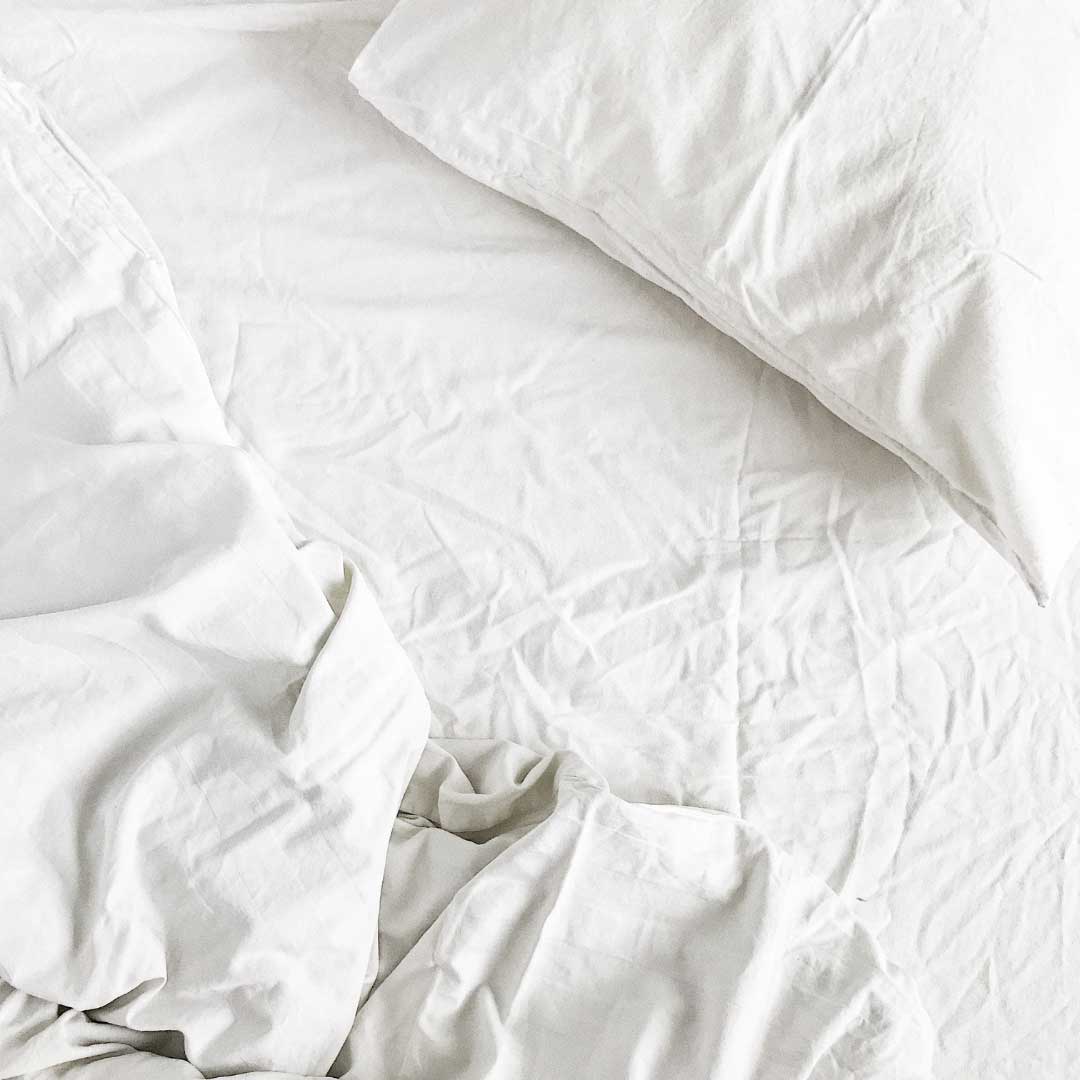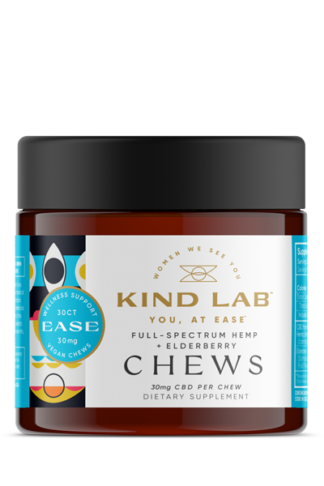
It may seem odd to learn that scientists don’t fully understand why we sleep.
But you may know from experience that sleeping – or not sleeping – has a huge impact on our overall health and wellness.
According to the CDC, up to 30% of adults aren’t getting the sleep they need. If you’re one of them, read on…
How much sleep do we need?
Most adults need between 7-9 hours of sleep. But with sleep, quality is more important than quantity. Whether you sleep for 10 hours or 4, if you wake up feeling groggy, you may be lacking sleep quality.
What are the impacts of lack of or poor sleep?
Even just one night of bad or lack of sleep can really affect your ability to be productive the next day. You may have experienced the issues with memory and learning that poor sleep quality or a lack of sleep can cause.
What’s harder to quantify on a day-to-day basis is the toll it takes on your immune system, metabolism, and other vital functions. Chronic poor sleep leads to even bigger health issues, including increasing your risk of disease.
How do I know if I’m not getting good sleep?
Besides issues with memory and learning, some signs you may not be getting enough sleep include:
- You’re moody. Being moody, irritable, and stressing over the small stuff are all signs that you’re having trouble sleeping. With a strong correlation between depression and insomnia, it’s clear that poor sleep takes its toll on your emotional health.
- You’re unproductive. Every get out of bed and you’re already counting the hours until you can crawl back in? Lack of sleep decreases motivation, and can make it harder to get and stay focused on daily tasks.
- You’re forgetful. Without the time it needs to process the day’s information and get refreshed/recharged overnight our brains suffer, which plays out in “flakiness” – the inability to focus, make decisions, struggling with word recall, and difficulty making decisions.
- You’re gaining weight. When your mind and body are tired, you’re more likely to reach for comfort foods that are usually delicious but unhealthy in an effort to gain energy.
- You’re sleepy during the day. Do you find yourself yawning throughout the day or leaning on caffeine to keep yourself going? Daytime sleepiness is a result of not getting enough sleep at night.
- Your sex drive is lower than normal. Whether it’s a lack of energy or desire, lack of sleep may be to blame.
How do I make sure I’m getting good sleep?
Sleep is something you have to work on every night. It’s not something you can “bank” and catching up isn’t a 1:1 effort – it can take 2-3 nights’ to recover from one bad night’s sleep.
Here are a few things that can help you get better night’s sleep:
- Fine tune your bedtime routine. Look closely at what you do in the 2 hours leading up to bed – are you helping or hurting your chances of sweet dreams? Doing things like making a to-do list for the next day to quiet that racing mind, putting down screens to decrease the load on your senses, and making sure you have a high proteins snack so you’re not waking up hungry make a difference.
- Reassess your sleep hygiene. Your bedtime routine is part of your overall sleep hygiene, but what are you doing to create habits during the day and a good environment to sleep? Things like not drinking caffeine after noon and dimming the lights at night can offer a more comprehensive approach to sleep success.
- Find the right supplement. Getting a little help from Mother Nature can also make a big difference. A side effect of taking too much CBD-rich hemp is sleepiness, making it an ideal natural sleep support option. We also love magnesium glycinate for its ability to calm the mind and body and support better sleep. Whether you struggle with falling asleep, staying asleep, or getting good sleep quality, a natural supplement may help.
How do I know when I’m getting good sleep?
When you’re sleeping well, you’ll notice positive improvements in your health & wellness, including:
- You’re getting better at “rolling with the punches” when stress comes your way.
- Your mood will improve and be more stable throughout the day.
- You’ll feel more energetic and alert.
- You’ll be more likely to make healthy food choices.
- Your memory will improve, and it will be easier to make decisions.
- Your body will feel better, and your balance will improve.
The goal with sleep is to wake up feeling refreshed. Ideally, you’ll wake up naturally at the time you regularly want or need to get up.
The keys to optimal health are good sleep, a healthy gut, and low inflammation. Manage these, and you’ll enjoy a better quality of life.
SHOP OUR MOST POPULAR SLEEP SOLUTIONS



